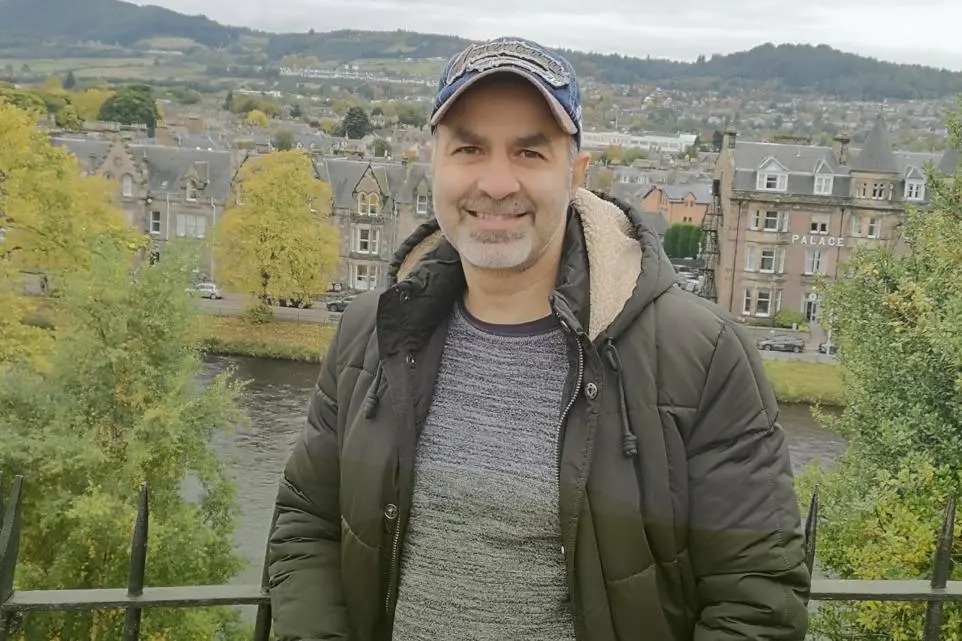
WHAT is net zero? Essentially, it means balancing levels of carbon dioxide emissions by either removing them from the atmosphere or by taking measures to mitigate it.
There’s a delicate balancing act in this policy. If emissions outstrip our efforts in mitigation then we are no longer at net zero. In short, the climate policy being pursued by many governments is not to stop or even cut emissions but simply to mitigate them by 2050.
The danger here is that pursuit of net- zero delays necessary emission cuts – mainly generated in the energy and manufacturing sectors – by allowing companies to continue to emit at current rates while mitigation technology races to keep pace with their practices.
Yet, there’s hope and a chance to lead emerging industries and generate wealth. In the pursuit of net zero, a false dichotomy is presented between growth and survival. To continue producing at our current rates would lead to environmental collapse, while to stop or reduce production would lead to economic collapse.
We need to rethink our understanding of what “growth” means here. I also think it’s possible to recalibrate our production habits so long as we avoid tying our entire economic self-image to production. I’m not an economist, but as a business owner and employer I know that it’s important to secure growth. For many, that means increased profits but for me it’s about much more than that. My personal, professional and intellectual growth are infinitely more important than the bottom line.
Industries are scrambling to adapt to the climate emergency as a means of preserving their own interests. Yet that in itself doesn’t mean that entrepreneurial spirit and associated economic benefits must risk being diminished. The issue is not growth and its absence; rather it’s the nature of such growth and what’s truly important to us as we strive towards a “green” economy.
Our established benchmark for growth, Gross Domestic Product (GDP), is not a good indicator of human experience. Nor should it be the cornerstone of how we measure growth. GDP measures the market value of goods and services. When this indicator increases, an economy is said to have grown. But what of all those people who make the products and manage their supply chains?
If we wanted a truly worthwhile measure of growth, we would look to the Human Development Index (HDI) or Thriving Places Index (TPI). Both of these stimulate people to progress towards a goal that’s beyond the limited dimensions of production and consumption. HDI measures life expectancy; average levels of schools and gross income to gain a broader snapshot of the interplay between social and economic development.
Meanwhile, a more radical growth framework can be found in the TPI which includes factors such as mental and physical health; infrastructure, and education to assess economic “health”.
There’s no reason why net zero cannot be achieved alongside growth, but it may be time to re-assess what we mean by “growth”. I want to see its definition broadened to include the human factor.
Rukhsar Ahmed is co-founder and managing director of Green Fulfilment
